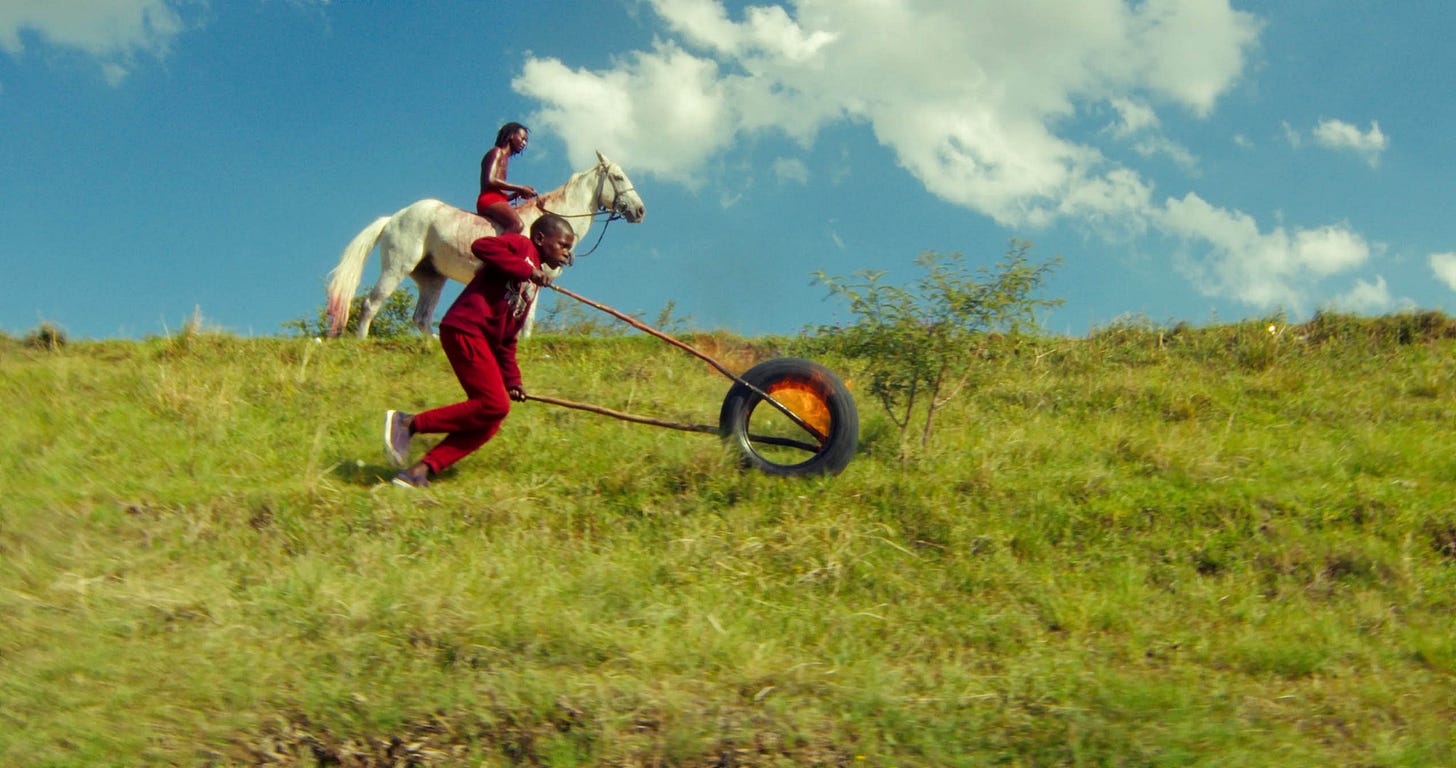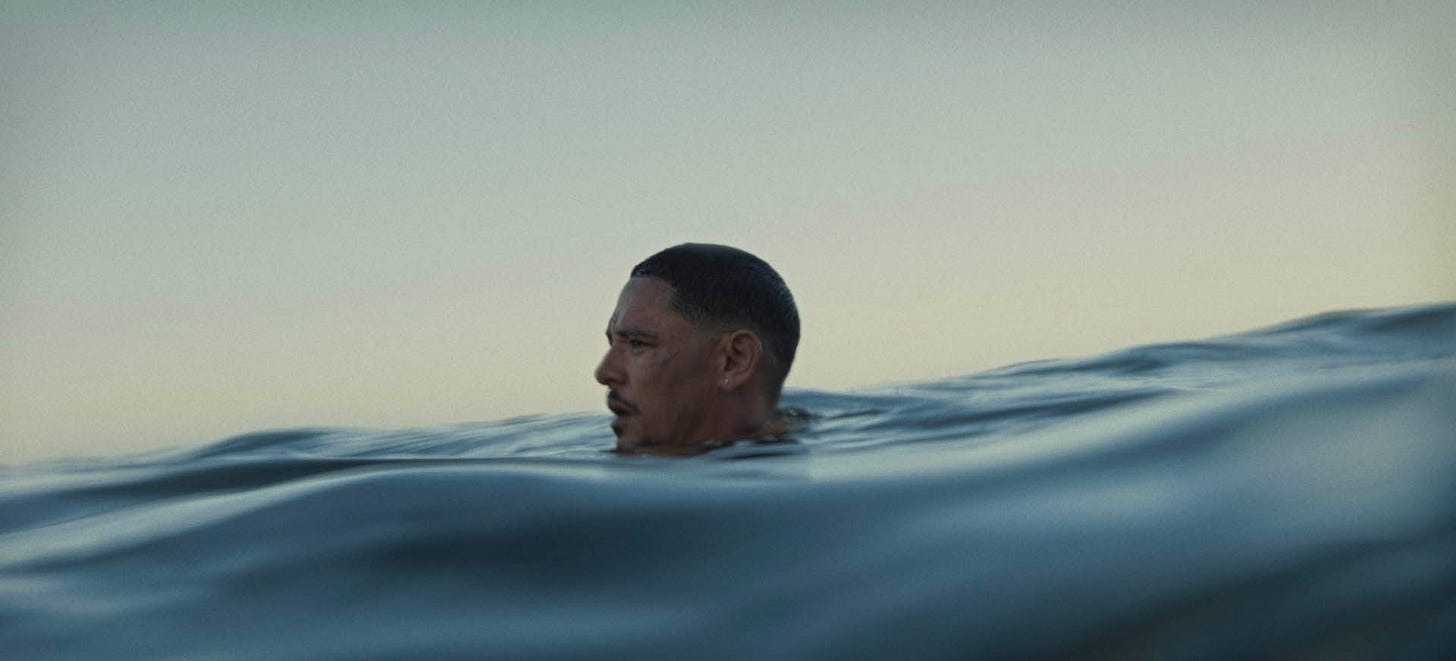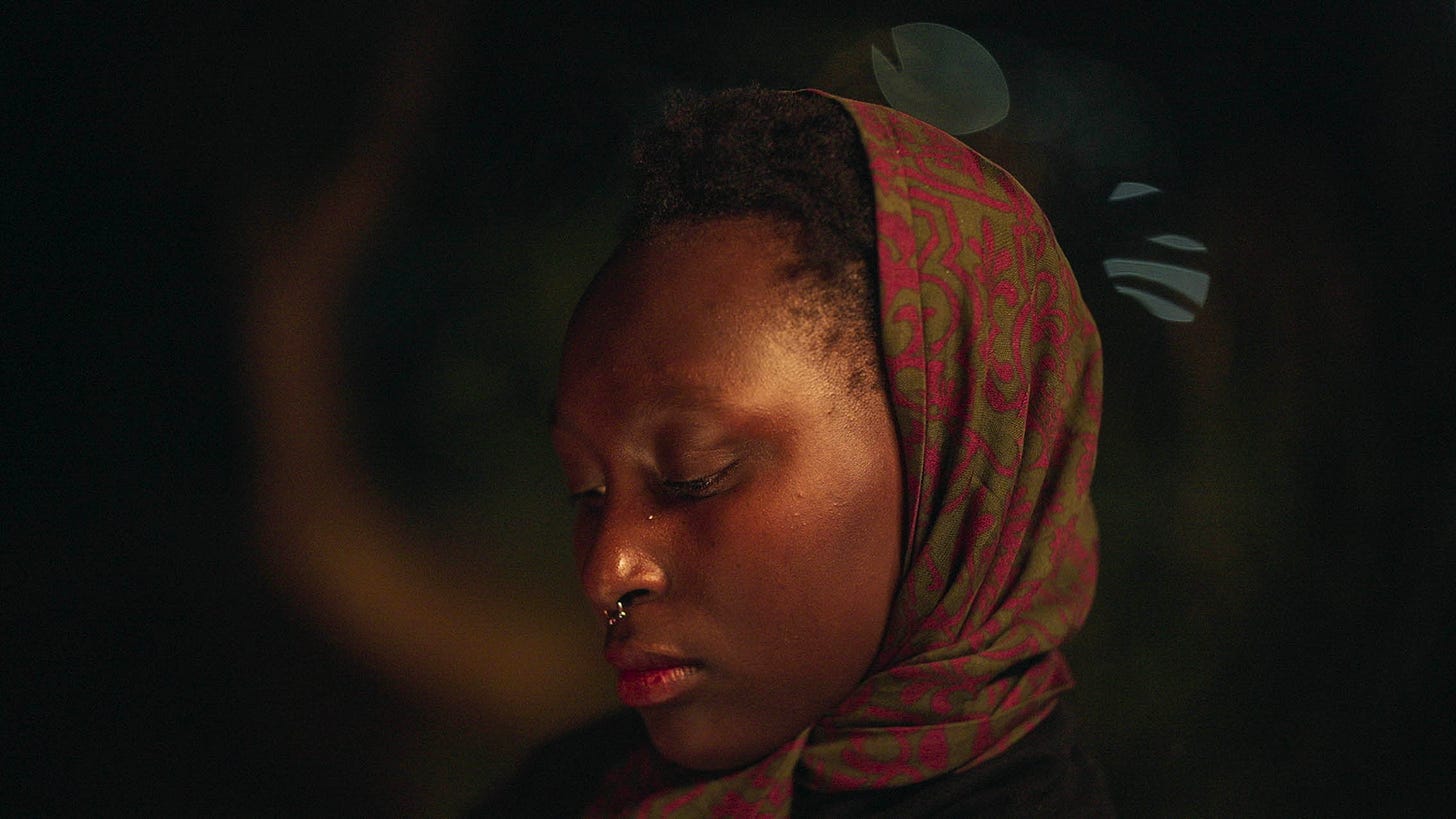The Berlinale is getting it right
Its cultivation of African filmmaking bore rich fruit at the festival’s 75th edition in February.
Wilfred Okiche
It is hard to think of a first-class film festival that has been as consistently inclusive as the Berlin International Film Festival. Of the big three, Venice is decidedly more interested in Oscar-friendly fare while the specialty focus for Cannes appears to be in francophone regions. This year’s Berlinale, which began on 13 February, was just as consistent as ever in supporting African films and professionals on the global stage.
Senegalese-French auteur Mati Diop triumphed at last year’s event, becoming the first Black person to win the Golden Bear (the festival’s grand prize) for her art reparations documentary, Dahomey. And although there was no African film in the main competition this year, there was no lack of an African presence in Berlin.
In 2022, Imran Hamdulay was one of 200 film professionals invited to participate in Berlinale Talents, the festival’s flagship development initiative. Three years later, Hamdulay returned with his first feature: The Heart is a Muscle, a standout in the festival’s progressive Panorama section. Hamdulay wrote and directed this Cape Town-set drama, which explores modern masculinity and generational trauma. “I was a Berlinale Talent,” said Hamdulay at a Berlin screening. “So this feels like a homecoming – it’s an honour to be here.”
The majority of the African filmmakers with feature films selected for this year’s festival are debutantes. Most, like Hamdulay, were supported through the festival’s industry development initiatives.
Rwandan director Philbert Aimé Mbabazi Sharangabo is also a Berlinale Talent alum. His promising debut feature, Minimals in a Titanic World, premiered in the more formally adventurous Forum section. It’s a colourful if sparse depiction of the lives of young people in contemporary Kigali, and one of four African films at the festival sponsored by the Berlinale’s World Cinema Fund (WCF). “We made a low-budget film,” Sharangabo told The Continent in Berlin. “But the idea was everyone should be paid, so the support we got was appreciated.”
Sharangabo’s leading lady, Aline Amike, joined the Berlinale’s acting studio programme after completing work on Minimals. Excited to be at the festival with a film she starred in, she told The Continent it was a transformative experience. “This changes a lot – it creates a streak that legitimises my career even further.”
The WCF also supported the Panorama entry Khartoum, a creative, self-reflexive documentary about the lives and dreams of five residents of Sudan’s capital, before and then during the civil war.
A collaboration between five filmmakers, Khartoum won €5,000 in prize money from the independent jury awarding the Peace Film Prize at the festival. The award goes to films that “distinguish themselves through a powerful message of peace and the skilful aesthetic execution”.
Then there was The Settlement, Egyptian director Mohamed Rashad’s bleak labour exploitation drama about a young man working in an Alexandria factory as compensation for the accidental death of his father.
The most high-profile of the WCF-supported films is Ancestral Visions of the Future, the latest experiment by visionary Berlin-based Mosotho filmmaker Lemohang Mosese.
Playing in the Special section, Mosese’s film is an intriguing mosaic of images text, that establishes a haunting, poetic reflection on dislocation and belonging.
These are themes that Mosese has long grappled with in his work. He told The Continent: “I am dealing with the same topic all the time: displacement, the land, my mother. But the language is always different, so is the rage, and usually the project finds its own language.”






